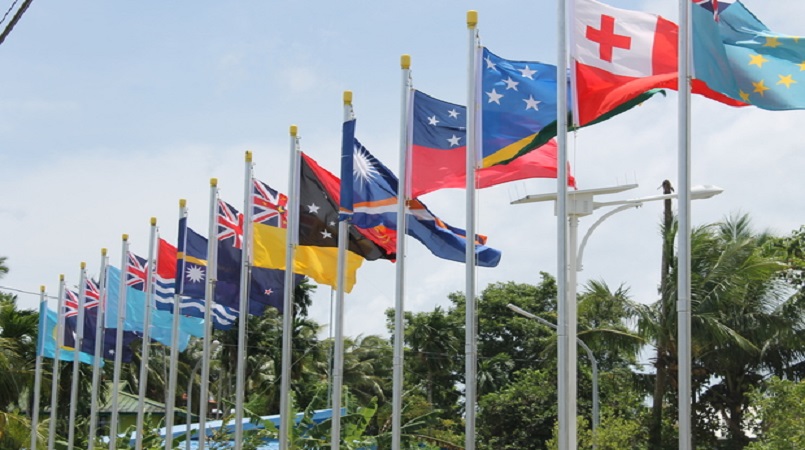
The effects of climate change and related natural disasters are an ever-present and increasing danger, especially in the Pacific Islands.
Addressing the Forum Economic Ministers Meeting (FEMM) in Vanuatu last week, International Monetary Fund (IMF) Deputy Managing Director Bo Li, said equally worrisome is the ongoing shifts in geopolitics, leading to a fragmentation of supply chains.
“The war in Ukraine has raised food and energy prices globally, putting a particular burden on poor households. COVID-related disruptions are putting further strain on already stretched supply chains. And as central banks raise interest rates to fight rising inflation, households and firms face higher costs to service their debts,” Li told Ministers.
Li said the IMF forecast global growth to remain positive this year, but the outlook is extraordinary.
“Extraordinarily uncertain, and the risk of recession has significantly increased in some large economies.
“Taken all together, it seems that the risks in the short run are overwhelmingly on the downside. How should policymakers respond to these considerable economic challenges? Interest rates will need to be raised faster in more economies as inflationary pressure broaden across the region. At the same time, governments will realign budgets to ensure access to food and energy for vulnerable households,” Li said.
He said governments should aim at passing through higher international prices to domestic consumers while protecting the vulnerable.
“Noting first, the crucial role of price signals in facilitating adjustment of consumption. And second, the high fiscal burden of price controls. Use of tax policies to provide temporary relief is an option is absence of effective transfer and social welfare systems. But it is an expensive and untargeted choice and should come with a clear end date.
“While responding to difficult short-term policy trade-offs, it is also essential to focus on policies to address long-term challenges, such as climate change adaptation, investing in human capital, enhancing the green transition, and promoting digitalisation,” said Li.
He said policymakers should resist taking the path of trade restrictions and economic fragmentation.
“For 30 years, cross-border trade and investment have been key drivers of prosperity. Leave the meetings millions out of poverty across Asia and the Pacific. Through multilateralism, we can resist fragmentation and together with a more resilient, prosperous, and inclusive global economy.
“This is all the more important for the Pacific Islands, which rely on a stable multilateral trading system for a substantial portion of their needs, particularly food, feel, and critical investment goods to support growth,” said Li.
He said the multilateral system has also been the predominant source of external finance over the years.
“And together with key bilateral partners, the largest source of financial and material support in the wake of highly destructive and increasingly frequent, natural disasters.
“For small developing states, like the Pacific Islands are fragmented global economy represents significant risks to economic stability, growth, and building the kind of resilience that will be critical in adapting to the challenges of climate change,” said Li..
Photo file
